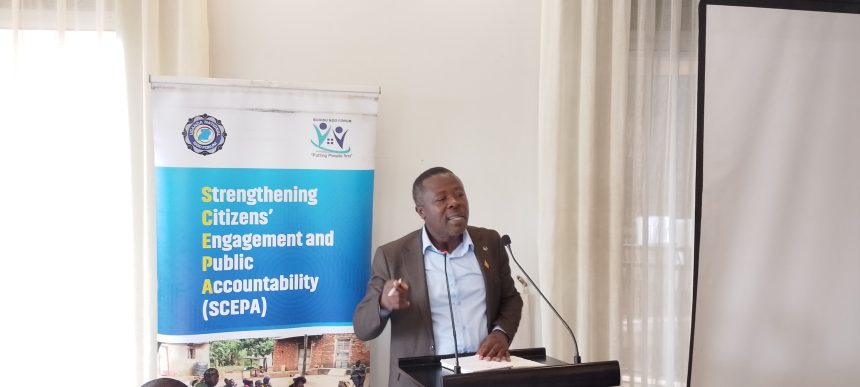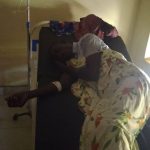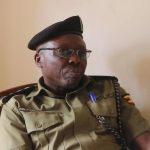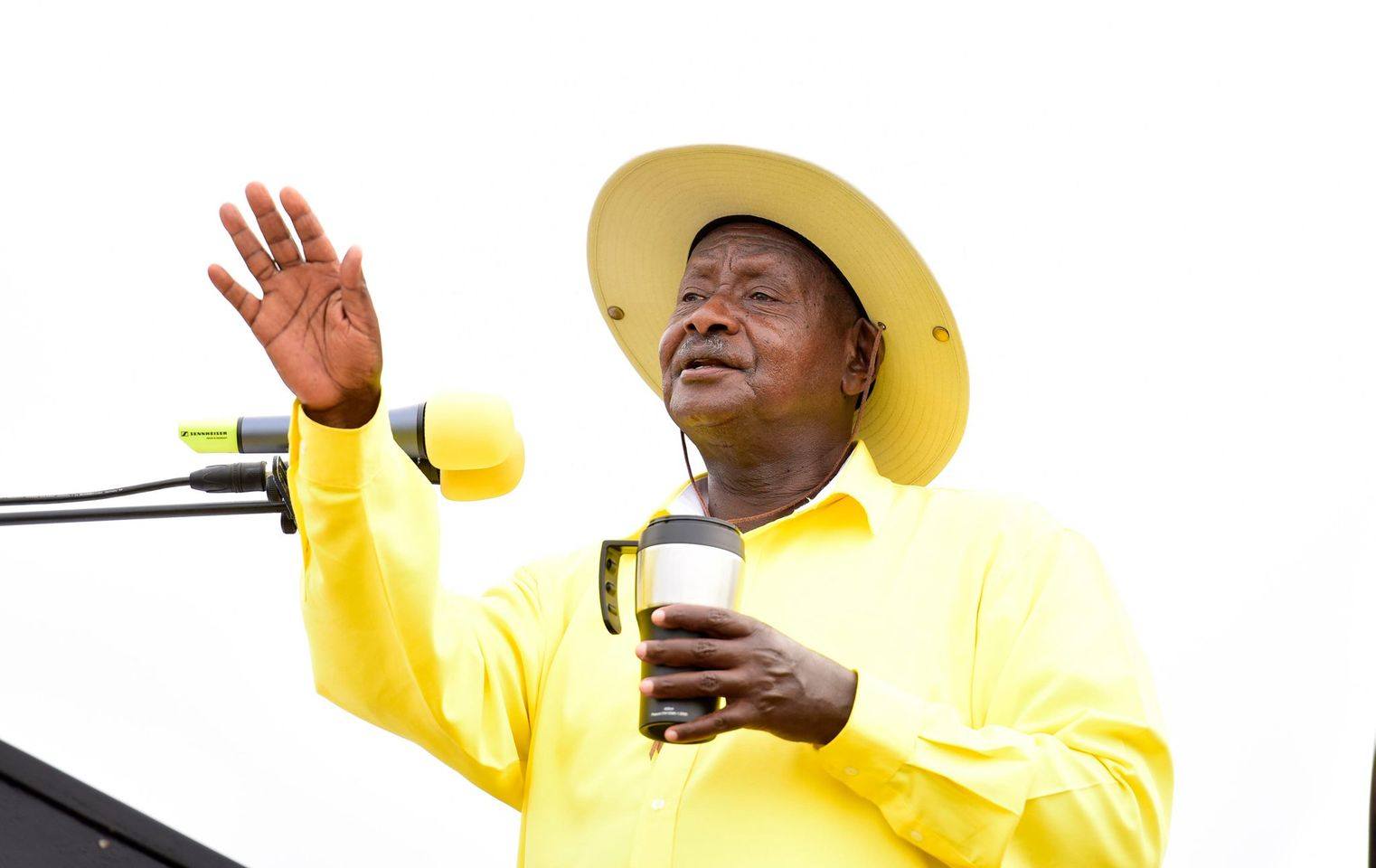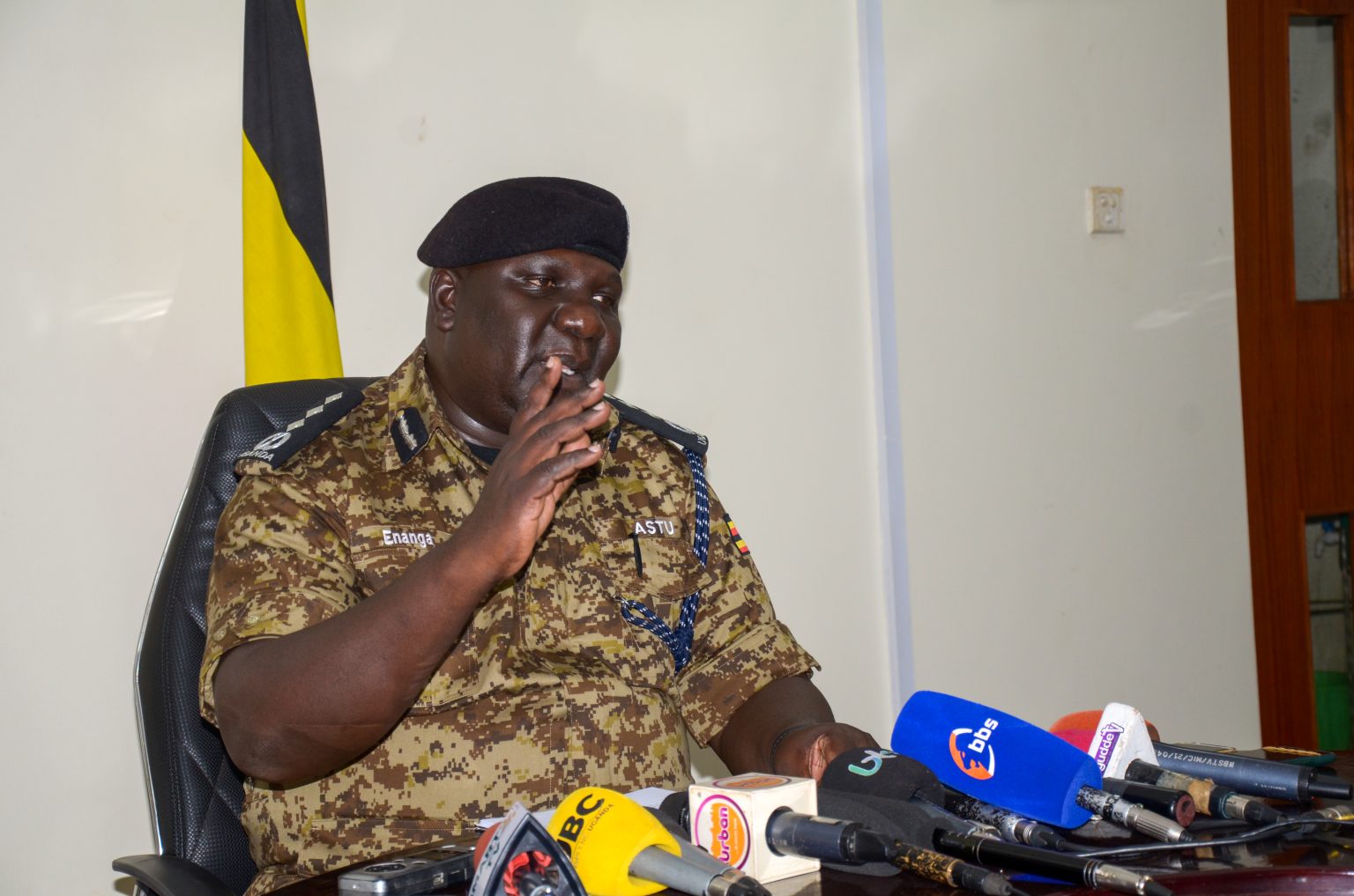In a mini-survey carried out across Bugisu by teams from media platform like The Ankole Times, and organizations like the Bugisu NGO Forum and the Good Governance Centre Mbale, it was found that Bamasaaba politicians spend about 600 million shillings per day on parliamentary campaigns. Of this, NRM candidates account for approximately 500 million shillings, compared to parties like NUP and FDC.
Bugisu region comprises six districts, one city, and twenty-four constituencies, which result in twenty-four elected legislators (both male and female) to the National Parliament.
Some of the electoral areas include:
-
Mbale City: Industrial Division and Northern Division
-
Mbale District: Bungokho North, Bungokho Central, and Bungokho South
-
Bududa District: Manjiya County, Bushigai Constituency, Lutsekhe Constituency
-
Namisindwa District: Bubulo East, Namisindwa County
-
Manafwa District: Butiru Constituency, Bubulo West
-
Sironko District: Budadiri West and Budadiri East
-
Bulambuli District: Elgon North, Elgon County, and Bulambuli County
These constituencies are mostly contested by men, although they are not exclusively reserved for male candidates. Women have occasionally contested and won, such as Hon. Rose Mutonyi, who previously represented a constituency in Manafwa District.
In line with the Constitution of Uganda and affirmative action protocols, each district and city is gazetted for one District Woman Member of Parliament (DWMP). This means Bugisu should have seven women representatives in Parliament come 2026.
The region has about 150 parliamentary aspirants intending to contest in 2026. However, how many of these will make it to Parliament remains the key question. Our survey also found that voters are often more cunning than the aspiring legislators.
According to a source who requested anonymity, getting the NRM party flag alone may cost around 200 million shillings on average.
As a result, some NRM candidates have opted to run as independents, especially after realizing that voter appetite for cash is extremely high.
A recent survey by the Bugisu NGO Forum, conducted earlier this year, also shows that NRM has the highest number of parliamentary contestants, followed by independent NRM-leaning candidates, NUP, and FDC, respectively. The survey focused on a few selected constituencies in the region.
Sample Constituency Candidates:
Bulambuli County
Manjiya County
-
Mr. Matanda Hussein – Former RDC Kumi, NRM
-
Mr. Emmanuel Koboi – NRM
-
Hon. Nambeshe John Baptist – NUP
-
Mr. Emmanuel Wepukhulu Biara – NRM, former Environmental Coordinator, Ministry of Water and Environment
-
Hon. Isaac Katenya – Current Legislator, NRM
-
Mr. Alex Burundo – NRM
Budadiri East
-
Hon. Waboya Vincent – NRM Flag Bearer, Former Minister for Disaster, Inzu Ya Masaaba
-
Hon. Sasaga – FDC, Current Legislator
-
Mr. Nakiyi Julius – NRM, Certified Accountant
Bushigai (Bududa District)
-
Mr. Wilson Watila – NRM, Former LC V Chairperson, Bududa
-
Mr. Wamoto – Former RDC, Manafwa (Independent)
-
Mr. Wakooli – NRM, Former Primary Teacher at Nabumali Boarding Primary School
Bungokho Central
-
Mr. Muhamood Masaba – Former Mayor, Mbale City and NRM Chairperson, Mbale District
-
Hon. Wanda Richard – Current Legislator, NRM
-
Hon. Werishe Michael – Former Legislator, NRM
DWMP Candidates:
Bulambuli District
-
Nandudu Annet – Current District Chairperson, NRM
-
Hon. Irene Muloni – Current Legislator, NRM
-
Hon. Sarah Wekomba – Former Legislator, NRM
Manafwa District
-
Hon. Kitutu Goretti – Incumbent, NRM
Bududa District
-
Hon. Justine Khainza – Former DWMP (Independent)
-
Hon. Agnes Nandutu – Current Legislator, NRM
-
Hon. Mariam Nambuya – Current Speaker, Mbale City (NRM)
Northern City Division
-
Hon. Ssezi Wambede – NRM, Current Legislator
-
Mr. Hood Hussein – NRM, Former RCC Masaka
-
Mr. Umar Nangooli – NRM, Former RDC Mbale District
-
Hajji Mugangadi – NRM
-
Mr. Ivan Masaba – NUP, Former Contender (2011)
Mbale City DWMP Race
-
Hon. Lydia Wanyoto – NRM CEC Member
-
Ritah Namuwenge – Senior Presidential Advisor on Emyooga
-
Clr. Harriet Kakai – Deputy Mayor, Mbale City
-
Hon. Connie Galiwango – Incumbent MP (NRM-leaning)
-
Dr. Sarah Wasagali Kanabi – Former Chair, Umeme
According to the prospective Members of Parliament interviewed for this survey, they spend between 4–5 million shillings per day during campaign activities. These expenses mostly cover fueling boda bodas, hiring public address systems, and fueling their personal fleets.
Each constituency is attracting between 6 to 8 candidates on average. The number may increase or decrease after final nominations by the Electoral Commission. Some aspirants may be disqualified for academic ineligibility, inability to pay nomination fees, or not being registered voters.
Roles of Parliamentarians (National Diet):
As outlined in Article 79(1)(2) of the Constitution:
-
Legislation
-
Debating and approving parliamentary bills
-
Scrutinizing and approving the national budget
-
Oversight of government actions
-
Vetting and approving government appointments
Bugisu Region is expected to produce over 200 parliamentary contestants by the time of official nominations. Many of these are expected to be NRM candidates, NRM-leaning independents, followed by NUP and FDC.
Bugisu has witnessed several FDC candidates drop out or defect to other parties or run as independents. For instance, the FDC chairperson of Budadiri West withdrew from the primaries, and Hajji Mansa Musa, former FDC Chairperson of Mbale City, joined NUP. Recently, over 50 FDC-leaning candidates reportedly crossed over to NRM in Mbale City.
Voter Priorities (Findings from the Survey):
The survey by, The Ankole Times, Bugisu NGO Forum, and the Good Governance Centre found that voters prioritize personal and sociological needs over development agendas. They prefer candidates who:
-
Attend funerals (“those who bury”)
-
Appear needy or humble
-
Share their pain and sorrow
-
Lack academic credentials
-
Provide basic items like salt, sugar, waragi, and malwa
Many voters even favor dishonest candidates who make empty promises over those with clear development agendas (e.g., roads, schools, hospitals).
Recommendations:
The survey recommends intensive civic and voter education, led by the Electoral Commission and cultural institutions, to shift public attention from short-term personal gains (like alcohol and handouts) toward public service delivery and long-term development goals.

